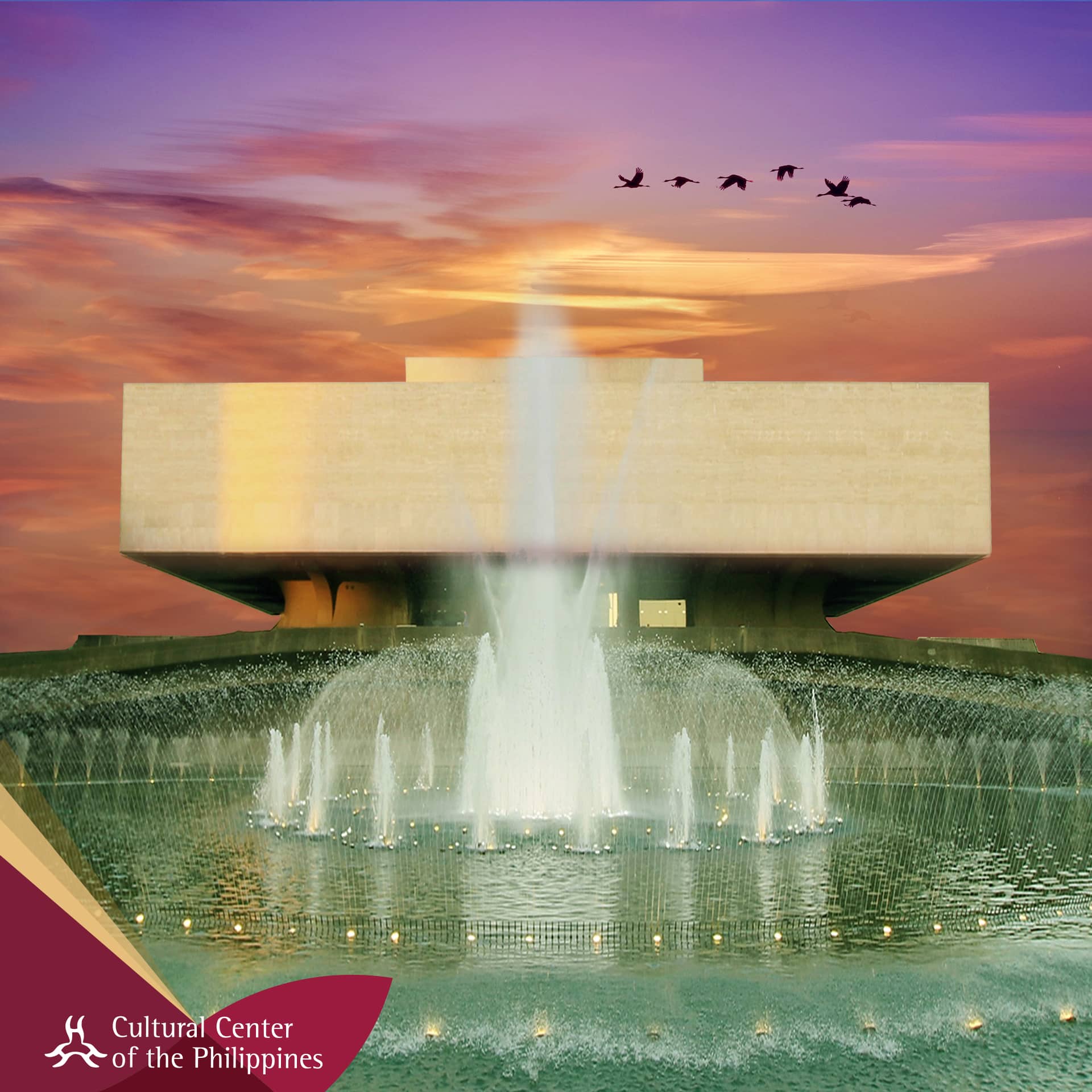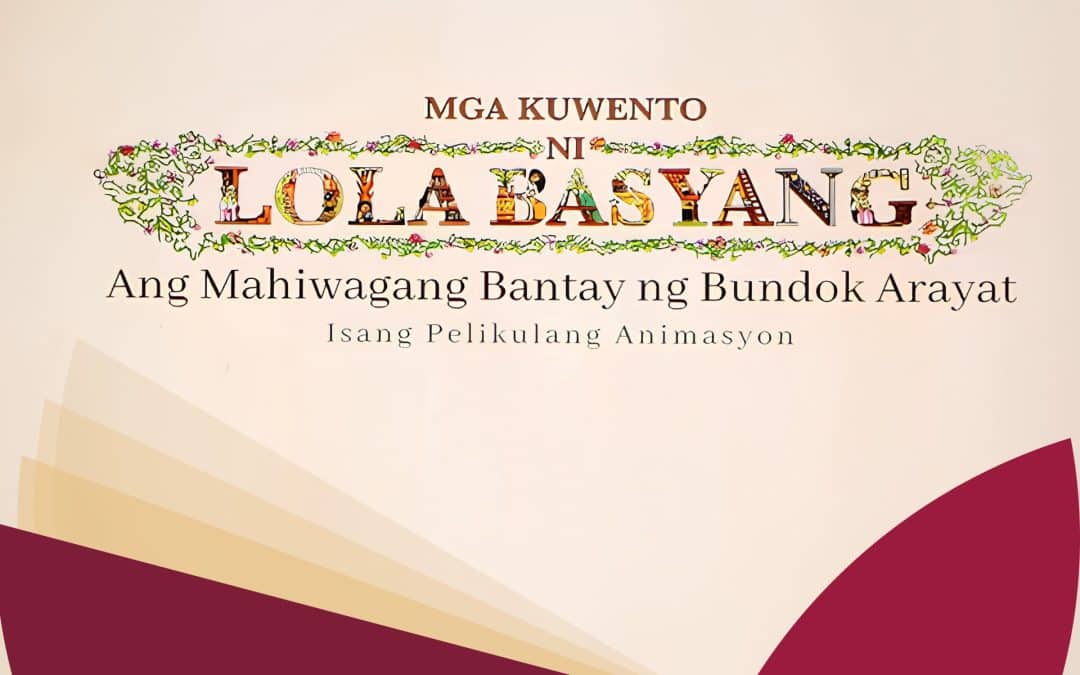Even with the on-going rehabilitation of its Main Building, the Cultural Center of the Philippines forges ahead and moves forward this 2024 with more relevant artistic programming that reinforces arts education and appreciation among the publics and embodies values of katotohanan (truth), kagandahan (beauty) and kabutihan (goodness).
“This year, the CCP heralds another year of firsts and of good old reliable programming, celebrating and advancing the unique creativity of our people and culture,” said CCP vice-chair Margie Moran-Floirendo during the CCP Institutional Press Conference held recently at the LIwasang Kalikhasan’s Bamboo Pavilion.
For 2024, it will be business as usual with CCP’s biggest project to date – the rehabilitation of the iconic Main Building. In 2023, the CCP announced the closure of its Main Building to give way to rehabilitation.
REHABILITATING THE CCP MAIN BUILDING
The rehabilitation has been underway since January 2023. The rehabilitation project emanated from the building audit the CCP did from 2018 to 2019. The findings from the audit necessitated that the 55-year-old building needed more than its usual maintenance.
What the audit findings saw were the apparent wear and tear due to the building’s old age. But the deterioration seems much worse beneath the surface, although the foundation of the building remains strong.
“As we all know, CCP is the work of our National Artist Leandro Locsin. We can’t just overhaul the whole building. It has been a delicate balancing act of preserving the design and modernizing the building to keep up with the time,” said CCP president ad interim Michelle Nikki Junia.
Repairing the damages is a very tedious process. Because these structural works redefine the structural integrity of the building for the next 50 years, the construction has been very meticulous.
For the Phase One of the rehabilitation, the CCP engineers, the construction firm and hired consultants have been doing structural retrofitting following the 2015 building code standards while adopting sustainable options.
The Phase One centers on modernizing structural, electrical, plumbing, and mechanical features. Phase Two will simultaneously happen with Phase One, once the structural works are done. Phase Two focuses on mechanical and technical capacities of the theaters.
As of January 2024, the rehabilitation is about 30 per cent completion. With all the consultants already onboard, the CCP expects that the work would speed up.
“We project full completion by 2025. The Main Building and its theaters will definitely open by 2026, welcoming everyone to its theaters with new productions and programs befitting the call of the time,” said Junia.
CONTINUING TO BRING THE BEST PERFORMANCES TO THE PUBLICS
Despite the rehabilitation work on the Tanghalang Pambansa, the CCP forges ahead with a full-year of artistic programs and projects, led by its artistic director Dennis Marasigan.
“For 2024, we are targeting to produce 765 events, ranging from performances, screenings, exhibits and workshops both onsite, off-site, and online. We hope to reach over 200,000 onsite viewers, and engage over 6000 artists. For our workshops, we hope they can benefit 16,000 participants,” shared Marasigan.
Well-loved festivals such as CCP Pasinaya, Virgin Labfest, Cinemalaya Philippine Independent Film Festival will continue to provide unique artistic and cultural experiences, with expanded reach to the regions. Expect captivating seasons from the resident companies such as Philippine Philharmonic Orchestra, Philippine Ballet Theater, Bayanihan The National Dance Company, the Philippine Madrigal Singers, TheBallet Philippines, and Ramon Obusan Folkloric Group, among others.
Popular film programs such as CCP’s The Met Live in HD, National Theater Live, Cine Icons, Cinema Under the Stars and Lakbay Sine will give unique cinematic experience and truthful storytelling. The CCP Out-of-the-Box Series continues with its second edition, while Triple Threats returns with Leading Ladies concerts.
After two years, the CCP Children’s Biennale with its colorful and edu-tainment offerings for children aimed to open their eyes to the diversity of Philippine arts, indigenous cultures, and natural environment. The children’s festival aims to develop their curiosity at no charge through interactive art installations, educational film and play screenings, creative workshops, children’s book fairs, and other activities.
CCP BOT-initiated program Kanto Kultura takes flight once again with Baraptasan, a modern take on the Balagtasan, in celebration of the centenary of Francisco Balagtas Baltazar. The Baraptasan will feature literary jousting in Filipino, Cebuano, Hiligaynon and Ilokano. Kanto Kultural aims to bring arts in any of its forms to different kanto all over the country.
“CCP is not just about performances and shows. We are proud of our arts education programs that nurture the next generation of artists and the audiences who will support their work through training, exposure and audience development activities,” said Marasigan.
This year, the CCP celebrates 45 years of bringing outreach programs to the regions and to the world. Through exchange programs with various organizations and institutions, the CCP provides glimpses of the Philippine cultures and becomes conduit for cultural exchanges across the regions and to different countries.
“This year, we are intensifying our presence in the regions, creating new partners with LGUs and cultural organizations, collaborating with as many artists as we can, and producing shows in alternative performing spaces and venues across the country,” said Marasigan.
This year, CCP will roll out the National Performing Companies (NPAC). Applications are now on-going to find the best national performing companies in Dance, Theater, Orchestra, Choral, and Indigenous Performing Ensemble. The NPAC program is a massive boost to the creative industry by conferring national status and providing significant funding to deserving non-government performing arts companies.
Indeed, CCP will have a tighter, busier artistic calendar, with more and more production that would provide livelihood to artists, cultural workers, and technical crews, which in turn would help the creative industry and lead to national development, while keeping the creative spirit of the Filipino alive.
PRESS KIT






